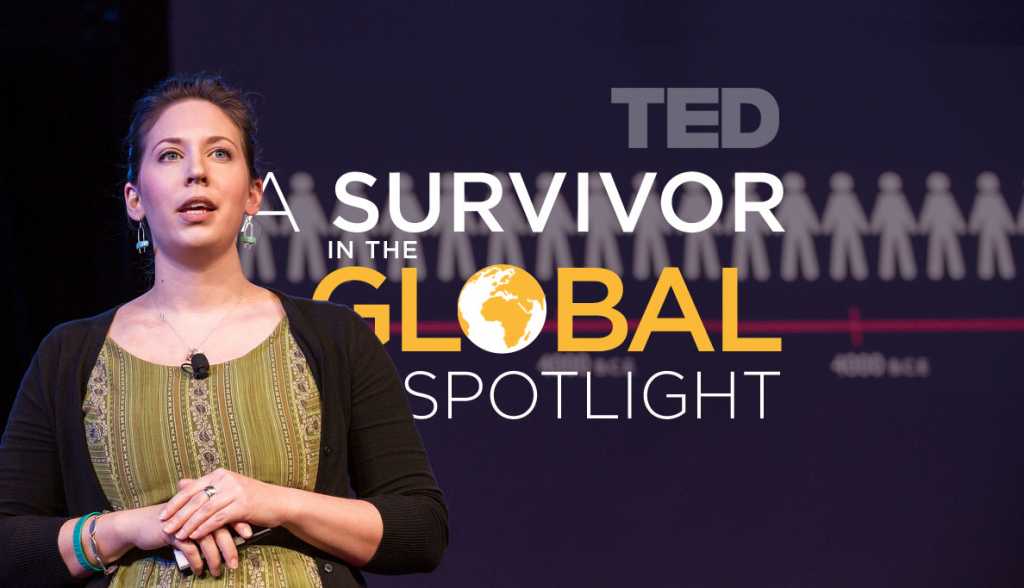Page 215 • (2,265 results in 0.034 seconds)
-
ANTH 4-year plan (pdf) view download
-
Annual Assessment Report - Guide (pdf) view download
-
Academic Unit Heads (2024-2025) (pdf) view download
-
Club Sport Campus EMS Scheduling (docx) download
-
Lodgepole Issue 1 (pdf) view download
-
Pierce County Bike Laws (doc) download
-
Touchstone and Practicing Values Activity (pdf) view download
-
2023-2024 Study Away Report (pdf) view download
-
animals. Prerequisites: BIOL 330, CHEM 115; BIOL 352 recommended. (4) BIOL 461 : Evolution An introduction to evolutionary theory and its broad explanatory power in biology. Coverage includes: a brief history of evolutionary thought, population genetics and the mechanisms of evolutionary change, phylogenetics, speciation, macroevolutionary processes, origins of life on earth, and evo-devo. Laboratory includes simulations and empirical examples of concepts covered in lecture. Prerequisite: BIOL 330. (4
-

it a field—now it is, but a very, very small field.” A small field, maybe—but one with potentially huge impact. “She is on the ground floor of a relatively new field that has the possibility of making all kinds of great insights into cancer in the evolution of history,” Ryan said. As Hunt and other researchers unearth more and more ancient evidence—breast cancer in 3500 B.C. Egypt, osteo-sarcoma in a T. rex femur—Hunt has formed an intriguing theory: She believes cancer is inherent in human
Do you have any feedback for us? If so, feel free to use our Feedback Form.


